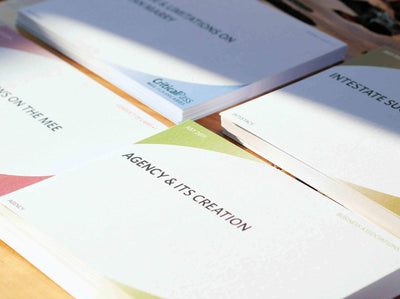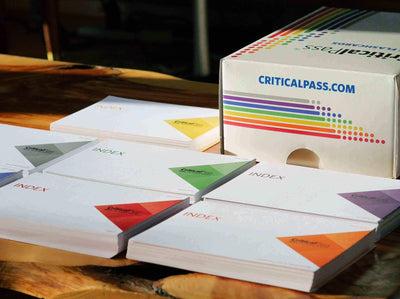When it comes to answering contracts questions on the bar exam, you'll have a lot of success if you use a systematic approach.
Below we’ve outlined a few tips on how to read contracts questions, followed by a substantive analytical approach for tackling them.
Reading Contracts Questions
Tip One: Weed out the junk and look for key phrases.
Contracts questions on the MBE can be tough, largely because they’re long. But must of the information in contracts questions are "filler" and have little to no impact on your analysis. As a result, you want to read the question like you’re a detective looking for critical information--weeding out the filler and focusing on the key facts.
Tip 2: Identify phrases regarding transactions, transitions, and legal terms.
Let’s break down each of these.
Analyzing Contracts Questions
Once you’ve read the question like a detective, it’s time start analyzing. There are five key things to consider:
- Is this a contract for goods and services? In other words, are we dealing with a UCC contract? As we know, there are different rules for UCC contracts, so you want to make sure you identify from the outset what kind of rules apply to the facts at hand.
- Are the parties merchants or non-merchants? Similar to the above, within the UCC special rules apply for non-merchants--so it’s critical to understand if the facts implicate those rules.
- Is this a valid written or verbal contract? Next, determine if the contract is written or verbal, as this could trigger statute of frauds or other issues. And of course you’ll want to determine if the contract is valid--as we know, a contract requires mutual assent (offer and acceptance) and consideration.
- Are third parties involved? The MBE loves, loves, loves to test third-party issues, so make sure you identify any people that may be implicated or affected by a contract or agreement and understand their roles.
- Any defenses or excuses? Finally, think about whether there are contract defenses or excuses that may be at play here. As for defenses, think about incapacity, statute of frauds, misunderstanding, or mistake. And with excuses for performance think about substantial performance or of course conditions that excuse performance.
YOU CAN PASS THE BAR EXAM. CRITICAL PASS CAN GET YOU THERE.
* MBE and MEE Essay Flashcards that help you learn and memorize key bar exam concepts, effectively and affordably.



